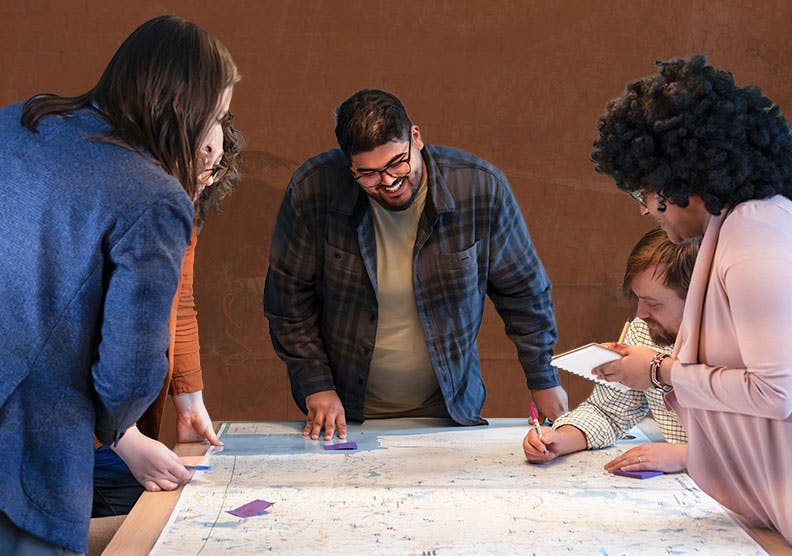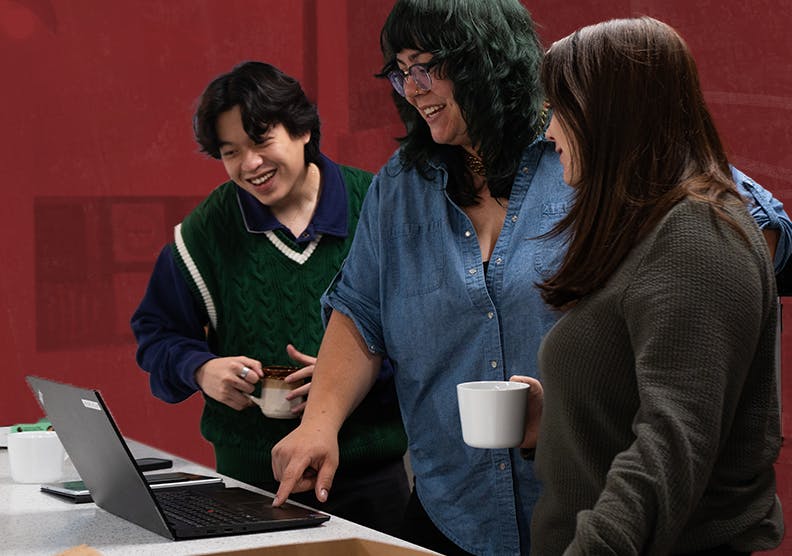We seek to find and create spaces for respectful dialogue, to teach, advance diplomacy, and break barriers with purpose-driven communities.
Tailored solutions
We seek to find and create spaces for respectful dialogue for all parties to make informed decisions that align with their principles, values, and ways of being. We apply tested ideas, explore innovative techniques, try new research designs, and constantly push our standards.
Featured Projects
Deep listening is embedded in our project processes allowing us to better connect and form meaningful relationships and partnerships. We pride ourselves in taking time to understand what is important to people and their relation to larger project goals.
Explore All ProjectsKaatagoging: Residential School Survivors Initiative
Wauzhushk Onigum Nation
Read
Indigenous Guardians Program
Niiwin Wendaanimok Partnership
Read
HEART Team Donor Video
Hutterian Emergency Aquatic Response Team
Read
Trust Engagement
Northwest Angle #33 First Nation
Read
Trauma Awareness Training
Narratives Inc.
Read
Featured Projects
Deep listening is embedded in our project processes allowing us to better connect and form meaningful relationships and partnerships. We pride ourselves in taking time to understand what is important to people and their relation to larger project goals.
Explore All ProjectsFeatured Entries
View All
2026-03-03
Slowness as Strategy in Community-Led Planning: Are We Being Good Ancestors?
Read

2026-02-12
The Work of Belonging: How to Cultivate Meaningful Connection in Adulthood
Read

2026-01-29
What is Clean Energy and What are the Impacts of Renewable Energy
Read

2026-01-22
Workplace Inclusion in Practice: Ideas to Consider and Adapt
Read













